Fluid & Heat Blog Posts
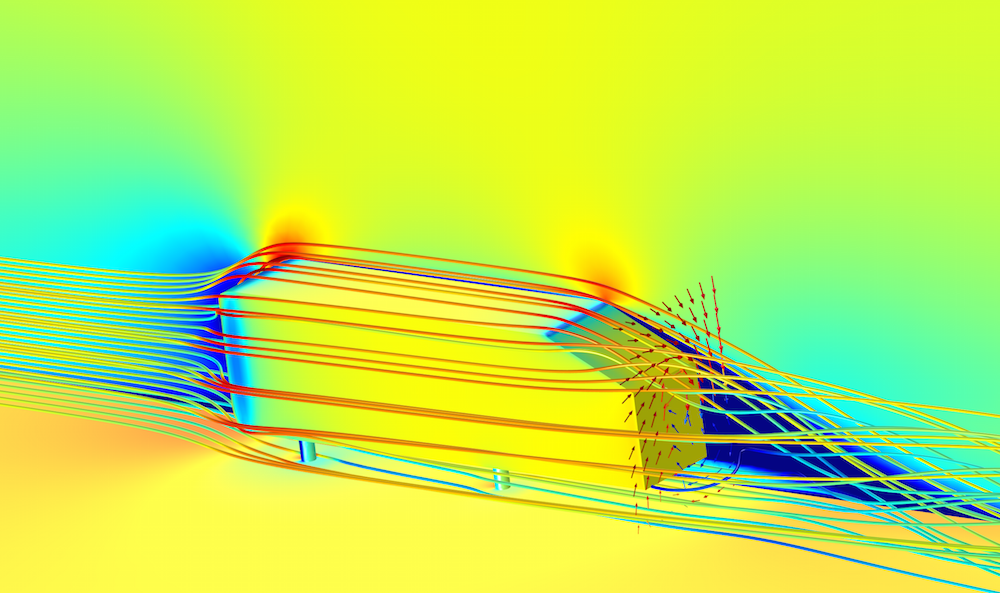
How Do I Compute Lift and Drag?
Analyzing lift and drag is an important task in many industries, such as automotive and aeronautics. Learn some different ways to compute lift and drag in COMSOL Multiphysics®.
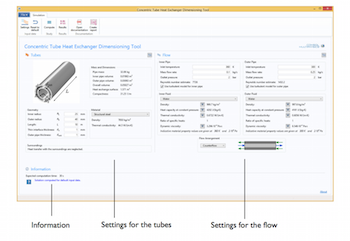
App: Studying a Concentric Tube Heat Exchanger’s Dimensions
The Concentric Tube Heat Exchanger Dimensioning Tool demo app is an example of what is possible when you build a simplified version of a model and share it throughout your organization.
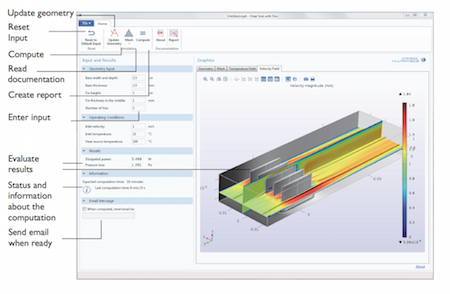
Optimizing Heat Sink Designs with a Simulation App
The Heat Sink with Fins demo app is here to get you started with designing your own heat sink design app. Take a look at the design scenario, app, and underlying model here.
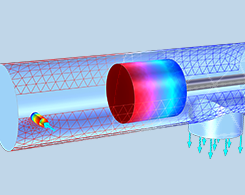
Simulating UHV/CVD and Silicon Growth on a Wafer Substrate
Ultrahigh vacuum chemical vapor deposition (UHV/CVD) is performed at pressures below 10-6 Pa, or about 10-8 torr. In this process, molecular flow is used to achieve gas transport.
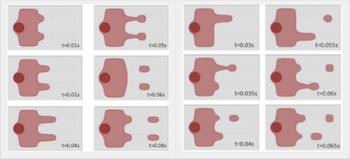
Simulating Analog-to-Digital Microdroplet Dispensers for LOCs
University of Bridgeport researchers designed a high-throughput microfluidic droplet dispenser as an analog-to-digital microfluidic converter for use in lab-on-a-chip (LOC) applications.
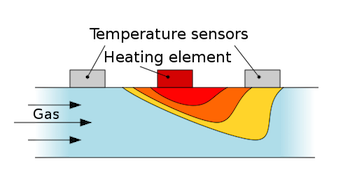
Describing the Behavior of a Thermal Mass Flow Sensor
Researchers from the University of Cambridge analyzed the dynamics of a thermal flow sensor, a component of a flowmeter, with a 3D model. Get the full story >>
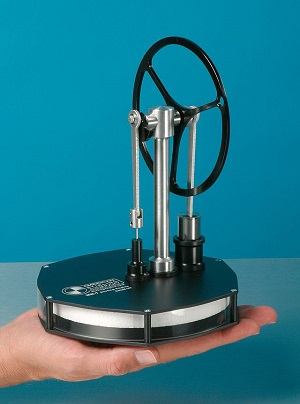
How Can I Build an Efficient Stirling Heat Pump?
Did you know that heat pumps are also called Stirling engines? These systems can operate on incredibly low temperature differences — some only need human body heat to work!
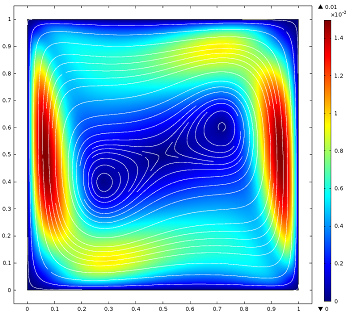
Using the Boussinesq Approximation for Natural Convection
Today, we compare the Boussinesq approximation to the full Navier-Stokes equations for a natural convection problem. We also show you how to implement the Boussinesq approximation in COMSOL Multiphysics software and discuss potential benefits of doing so.
